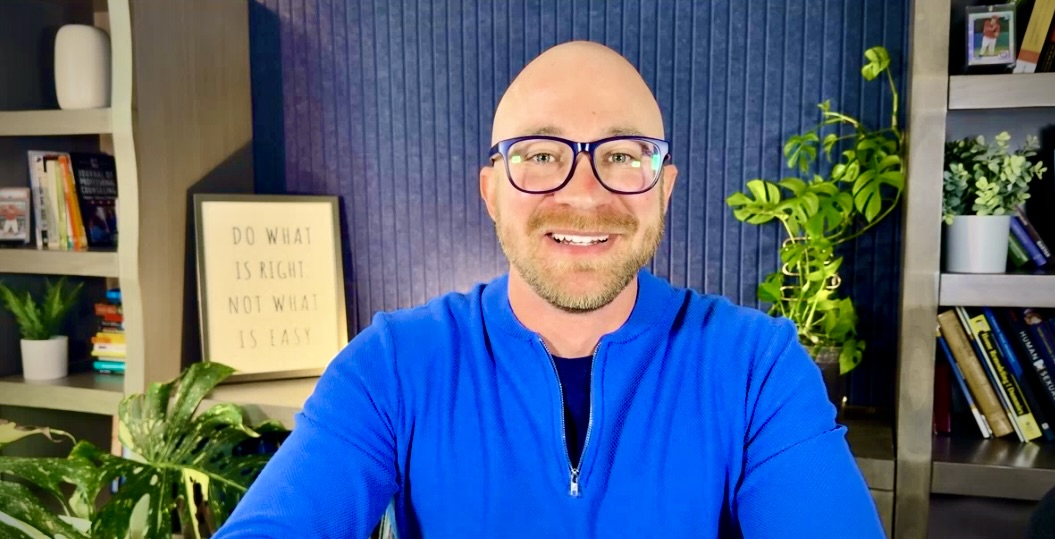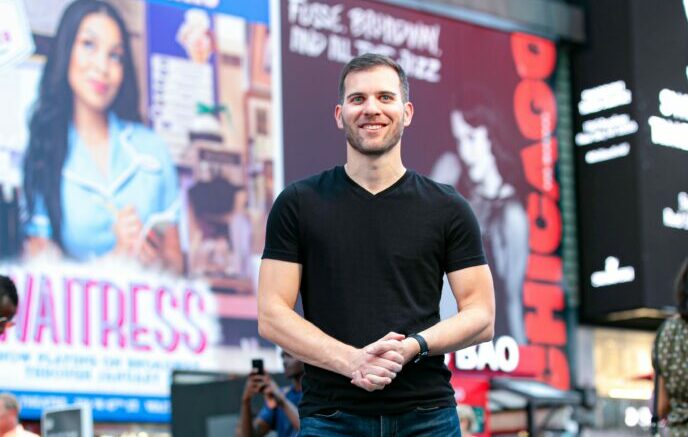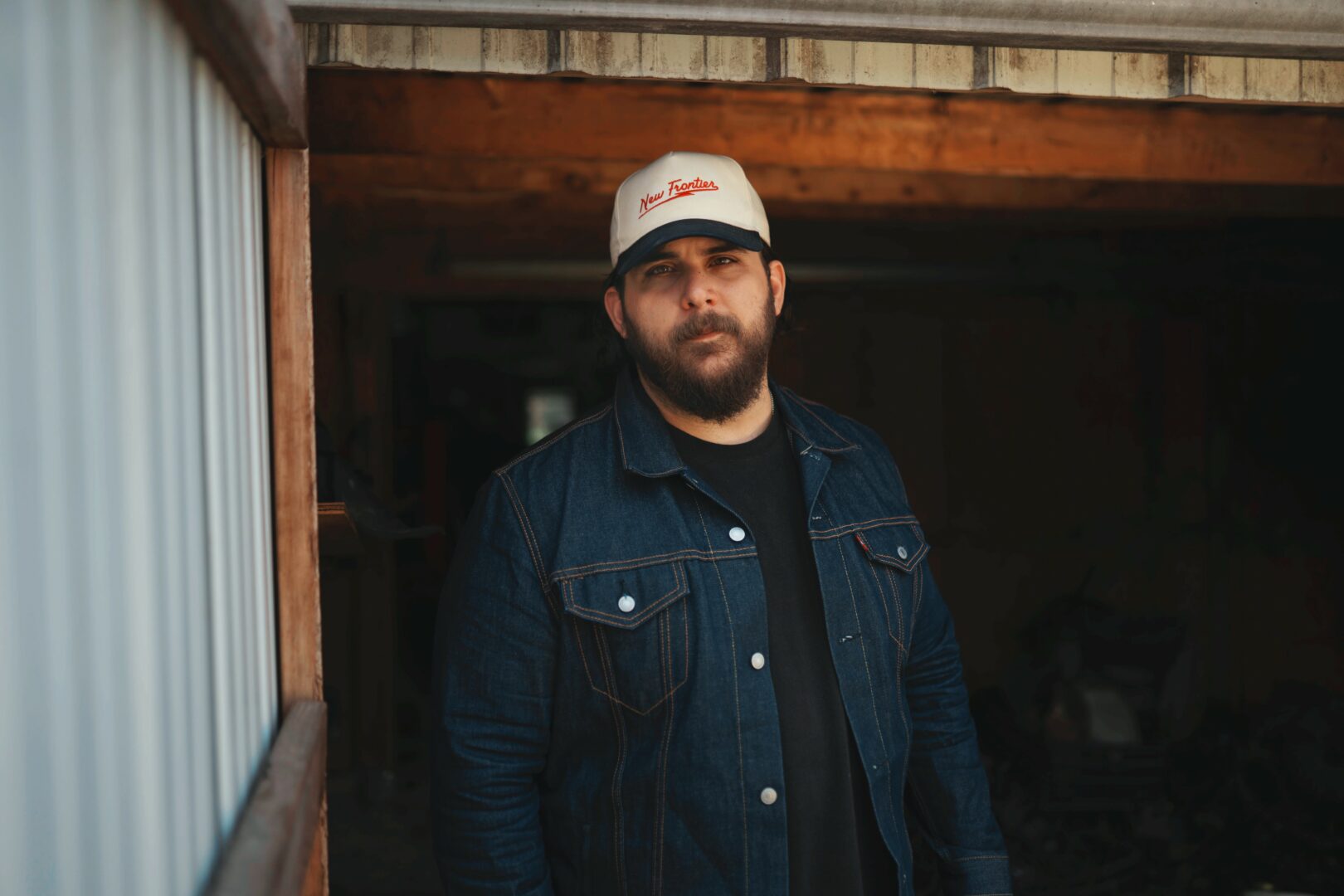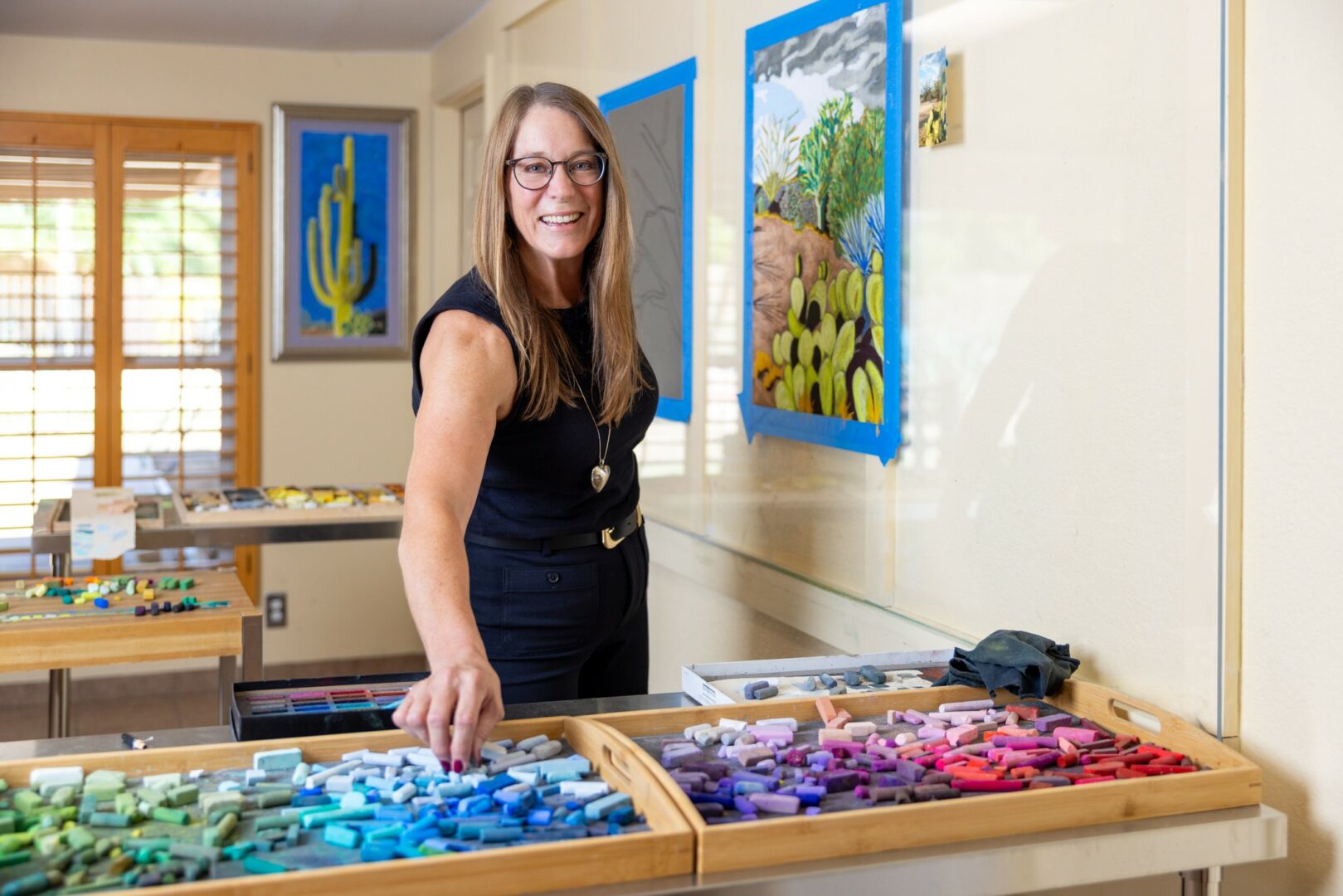Alright – so today we’ve got the honor of introducing you to Matt Bedell, PsyD, LPC-S, LCDC. We think you’ll enjoy our conversation, we’ve shared it below.
Matt, we’re so excited for our community to get to know you and learn from your journey and the wisdom you’ve acquired over time. Let’s kick things off with a discussion on self-confidence and self-esteem. How did you develop yours?
I love the way this question is framed because I often say, “Confidence comes after action.”
My life has been an ongoing evolution of learning and growth, and I hope it always stays that way. Over time, I’ve accepted that when we start something new, feelings of uncertainty and insecurity naturally come with it. Those feelings aren’t flaws; they’re signals. They help us focus, stay open to learning, and remain humble.
Most things are more complex than they look from the outside. We don’t really know until we try. That’s why I think it’s so important to act first and to take the steps even while those uneasy feelings come along for the ride. Then, through reflection, we turn action into confidence by noticing what we learned, how we grew, and how persistence reshaped our sense of capability.
I understand why people search for self-esteem; however, I approach it from a different lens. For me, chasing self-esteem can feed perfectionism; it becomes about proving my worth rather than practicing growth. So instead, I focus on acceptance and self-compassion, guided by my values and goals. Those four, acceptance, self-compassion, values, and goals, anchor me. Confidence just tends to show up as a byproduct of living that way.
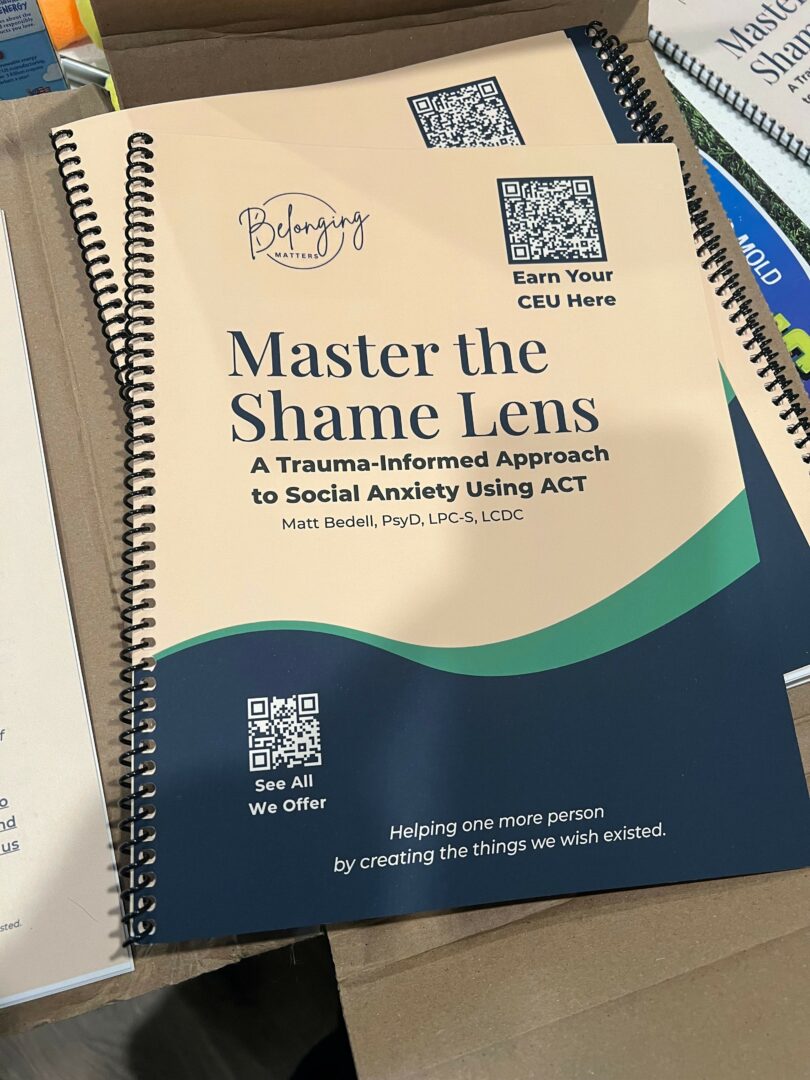
Great, so let’s take a few minutes and cover your story. What should folks know about you and what you do?
I’ve always been fascinated by complex problems; from learning the mental side of baseball as a kid through college to exploring the deeper layers of social anxiety, shame, and belonging today. For me, therapy isn’t about fixing people; it’s about helping them reconnect with themselves and others.
I started my most recent company, Belonging Matters, with a simple value: “Help one more person by creating the things I wish existed.” Now that I’ve launched my first CEU course and received feedback from other therapists, that value has evolved into “Help one more person by creating the things we wish existed.” That shift, from “I” to “we,” captures what this work is all about.
Overall, I’m a therapist, educator, and founder of Belonging Matters, an education platform that helps clinicians work more effectively with social anxiety, shame, and belonging. Over time, I plan to expand it to include books, courses, and workshops for people at all stages of social anxiety recovery, because everyone deserves at least one place where they feel they belong.
I also run a therapy practice, Begin Counseling Today, where I specialize in Acceptance and Commitment Therapy (ACT), helping clients facing social anxiety, addiction, panic, depression, and major life transitions.
What ties all my work together is what I call “The Shame Lens,” a way of seeing how shame quietly operates beneath the surface of anxiety and perfectionism. When we bring awareness and acceptance to that, people begin to build real self-trust and connection instead of chasing approval.
Right now, I’m especially excited about expanding our CEU library and releasing a new ACT series for social anxiety, along with free educational videos on YouTube to make high-quality training more accessible.
Ultimately, everything I create, whether it’s therapy, education, or content, comes back to one goal: helping people feel less alone and more at home in who they are, just like we wished we had.
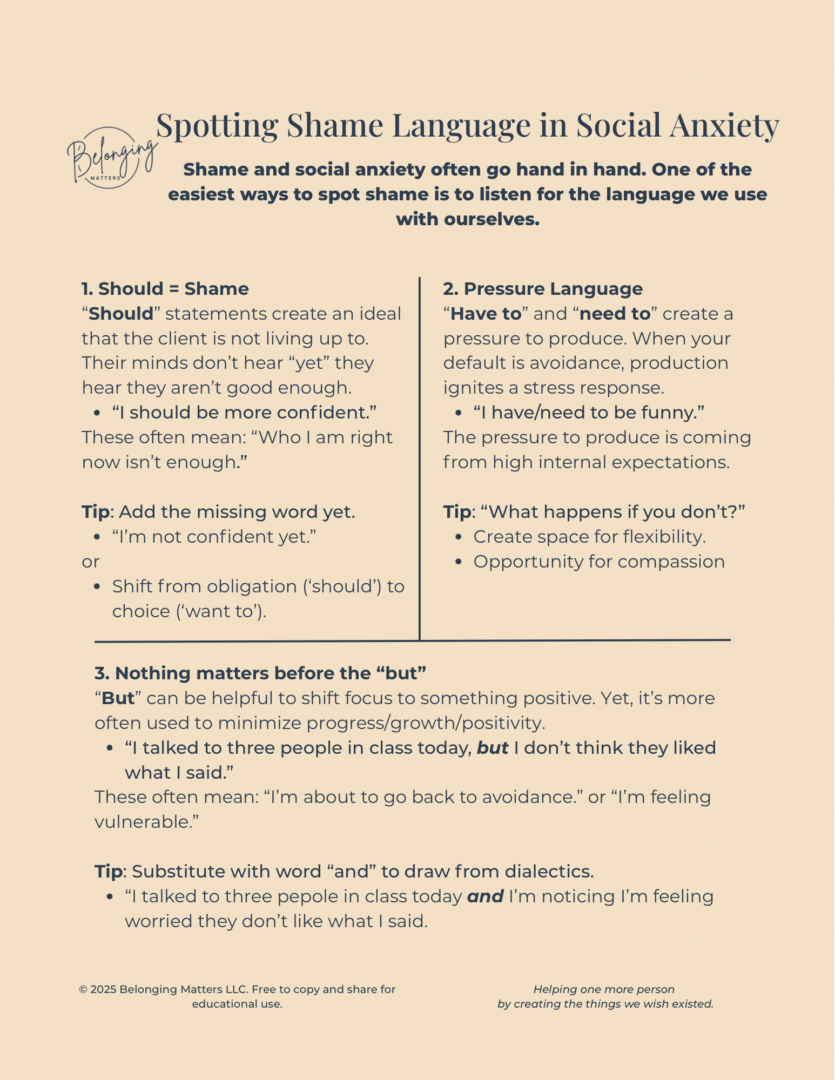
There is so much advice out there about all the different skills and qualities folks need to develop in order to succeed in today’s highly competitive environment and often it can feel overwhelming. So, if we had to break it down to just the three that matter most, which three skills or qualities would you focus on?
Looking back, three qualities have shaped my journey more than anything: curiosity, a growth mindset, and consistency.
Curiosity is always the starting point for me. It keeps me interested in complex problems instead of overwhelmed by them. It also carries a quiet hope; the belief that discovery is possible even when things aren’t sorted out yet. Curiosity isn’t just about learning new ideas; it’s about being willing to sit with not knowing. For anyone early in their career, that’s a good place to start. Be genuinely curious about people, patterns, and your own reactions. That mindset will carry you further than confidence ever could. And since confidence comes after action, curiosity is really the prerequisite to growth.
A growth mindset matters because without it, perfectionism and anxiety tend to take over. When I fall into a fixed mindset, I’m focused on proving my worth instead of learning. Staying teachable, humble, and aware that we’re all still students changes everything. The moment you think you’ve arrived, you’ve just reached another point on the Dunning–Kruger curve and it’s time to learn some more. Whether you’re a new therapist, creator, or entrepreneur, surround yourself with people who challenge you. They don’t have to be experts in your field; sometimes, the best perspective comes from a friend outside your field.
Consistency is the quiet skill no one applauds, yet everyone needs. It’s been one of my hardest lessons. I didn’t build Belonging Matters or Begin Counseling Today overnight; it came from showing up, writing, recording, revising, and improving. Growth is about starting simple, building small routines, and stacking effort over time. Even when motivation disappears, get curious again. Focus on what effort you can give that day and keep showing up.
In the end, growth isn’t about being perfect; it’s about being present and putting in effort. Most things in life come down to skills to be learned, lessons to be lived, and new ways to keep growing.

To close, maybe we can chat about your parents and what they did that was particularly impactful for you?
The most impactful thing my parents did for me was simple then, yet life-changing now. They let me start anything I wanted, within reason. As long as we had the resources, I could try any sport or hobby. However, there was one rule: I couldn’t quit halfway through.
That balance between freedom and follow-through shaped everything for me. I remember trying football in middle school even though I was in like the 15th percentile for height and weight. After the first practice, surrounded by much bigger players, I realized I liked baseball better, haha. The main rule, though, meant quitting wasn’t an option. I had to finish the season.
That experience taught me two things: I can start anything I want, provided we pause and make sure we have the resources to put in full effort, and I can do hard things even when I don’t feel ready because quitting halfway isn’t an option.
So, that mix of curiosity and tenacity has followed me ever since. Before I start something new out of curiosity, I still pause to ask the same question my parents modeled: Do I have the resources and energy to give my best effort? Because if I commit, I’m all in.
Looking back, that small lesson rippled into everything I do now. It’s why I built Begin Counseling Today and Belonging Matters, and am a co-owner in Healing House: A Workspace for Providers. The same principles: permission to be curious, the discipline to follow through, and the commitment to do meaningful work, still very much guide me today.
Contact Info:
- Website: www.BeginCounselingToday.com for therapy or supervision : www.BelongingMatters.net for CEU’s and future books/courses : and www.AllenHealingHouse.com for office space rental.
- Instagram: @belongingmattersllc :
- Facebook: https://www.facebook.com/share/17ZFa4ZYyB/?mibextid=wwXlfr
- Youtube: Belonging Matters ACT for Social Anxiety channel – www.youtube.com/@BelongingMattersWithMatt : General Social Anxiety education channel – www.youtube.com/@MattBedellLPCSLCDC
- Other: 2-Hour CEU – Master the Shame Lens: A Trauma-Informed Approach to Treating Social Anxiety Using Acceptance and Commitment Therapy – belongingmatters.thinkific.com/products/courses/master-the-shame-lens


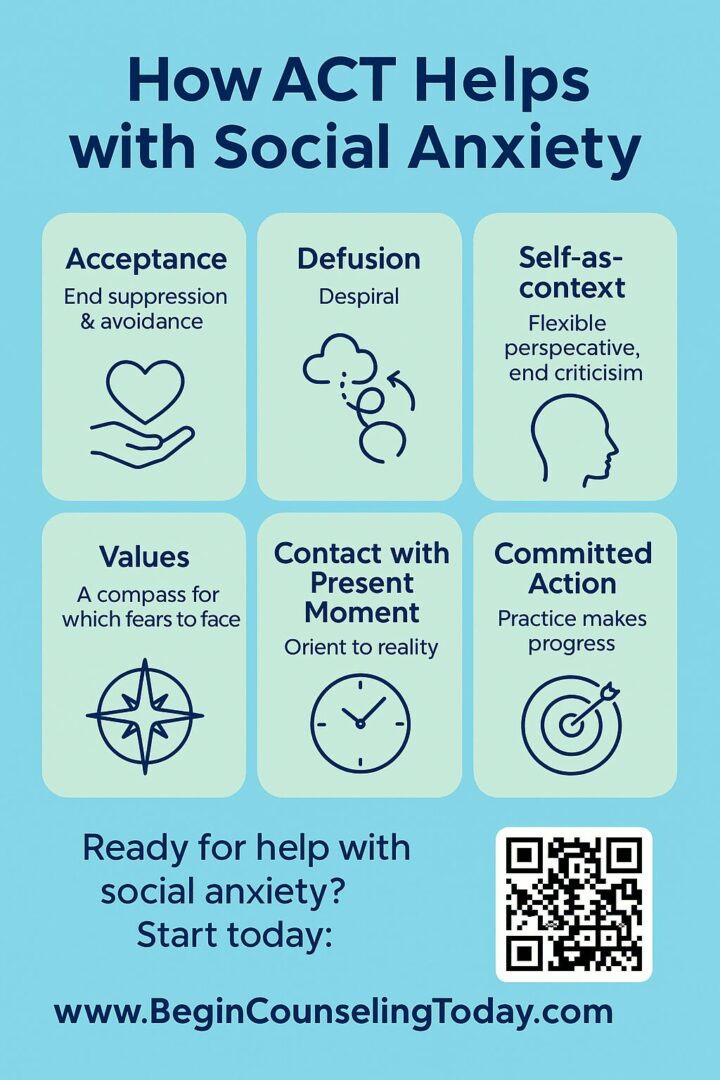
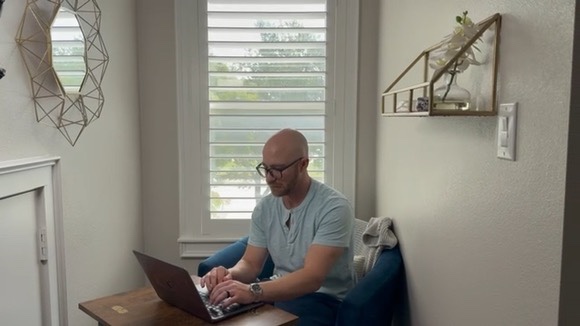
Image Credits
They’re all my images.
so if you or someone you know deserves recognition please let us know here.

